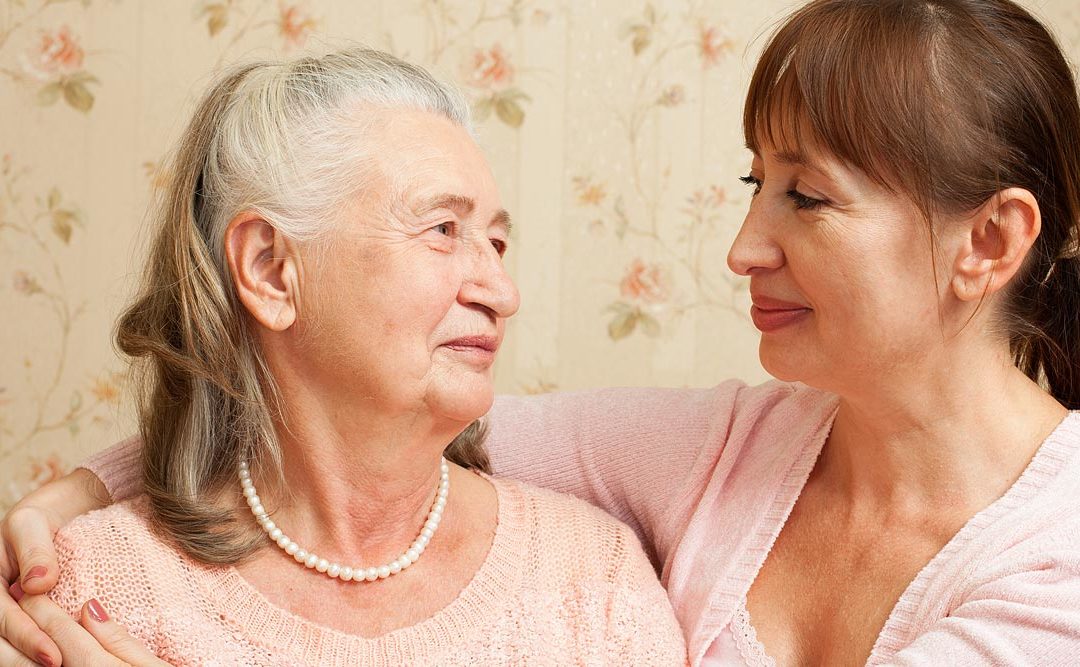First published by the Pacific-Palisadian
We all need human contact and companionship, someone to care about us, someone to listen to our concerns, show affection and provide emotional support. Bonus points if they laugh at our jokes!
Companionship is an essential part of the human experience. This becomes even more important for seniors, especially those that might need extra care around the home.
A recent study looked at the physical and emotional benefits of regular social engagement. The results are not surprising — companionship and social activity affect our physical health.
“Social activity is related to motor function, just like physical exercise is related,” says Bryan James, an epidemiologist at the Rush Alzheimer’s Disease Center in Chicago. The study noted that seniors with high levels of social activity demonstrated 43 percent less disability than those with low levels of social activity, and the rate of cognitive decline was nearly cut in half.
It’s pretty clear: we cannot skip companionship if we are to remain healthy in our advanced years.
Strong Options for Meaningful Senior Companionship
One of the toughest things about aging can be the loneliness and isolation felt by so many seniors. They have said goodbye to friends and family members, and their group of confidantes is dwindling. Thankfully, options exist to keep a regular flow of companionship in the lives of our senior loved ones.
Family Members Providing Companionship and Care
Most of us begin by providing the necessary care required for our aging parents. At first, it may begin as help with chores, regular visits, maybe even moving in together again. This can be a very important and meaningful time of giving assistance and spending time with our loved ones.
When family members step into the role of daily caregivers, added challenges become more apparent. These family caregivers are often simultaneously caring for themselves and their own families, while answering the daily calls to provide their aging parent’s transportation to doctor appointments, help with reminders for medication, diving into household chores, cooking meals, etc.
Burnout tends to show itself quickly for many family members providing care for their senior loved ones. With that burnout, meaningful companionship is not always able to remain a top priority. Life gets busy.
Senior Assisted Living Communities & Nursing Homes
Senior assisted living and nursing homes typically provide a built-in community of regular social engagement for most seniors. Companionship, medical assistance, and traditional caregiving duties are commonly offered in most reputable senior communities and nursing homes. But in order to benefit from these popular communities, seniors must be comfortable leaving their homes and moving into a new environment.
Living with dozens or even hundreds of other people in a close community does provide an opportunity for constant companionship. Unfortunately, it does also come with some added risks of easier transmission of illnesses for our most vulnerable. And on a personal level, it can be a very difficult step for those who have made their own home a true foundation for family life, sometimes for decades.
Professional Care & Companionship through Home Care
The option to remain in the home and enjoy the benefits of daily visits from a licensed, vetted and compassionate caregiver does exist through Home Care. Home care agencies work with professional caregivers who are uniquely matched to seniors desiring in-home care.
Companionship is such a vital role provided by in-home caregivers. When choosing a home care agency, a company’s priority should be to match your loved one with a caregiver who knows and understands your needs, personality, likes, and dislikes. These two individuals must sync with one another. A good fit between a home caregiver and client will make everyone feel safer and happier.
Additional Roles of In-Home Caregivers
In addition to the meaningful and important role of companionship, caregivers at home also typically provide:
- Light housekeeping
- Transportation services
- Meal preparation
- Medication reminders
- Personal assistance
- Long-Term Care claim management
- Help with activities of daily living like grooming, bathing, eating and more
Most reputable home care agencies will also provide Home Health Services for qualified seniors with specific medical needs.
If your intention is for full-time assistance and regular companionship, an in-home caregiver can be a fantastic opportunity. Some have also found great personal value through part-time caregivers working in tandem with senior daycare centers and similar models.
Now is a great time to consider your options so that you or the senior in your life enjoys the important physical, emotional and social benefits of strong and reliable companionship.

